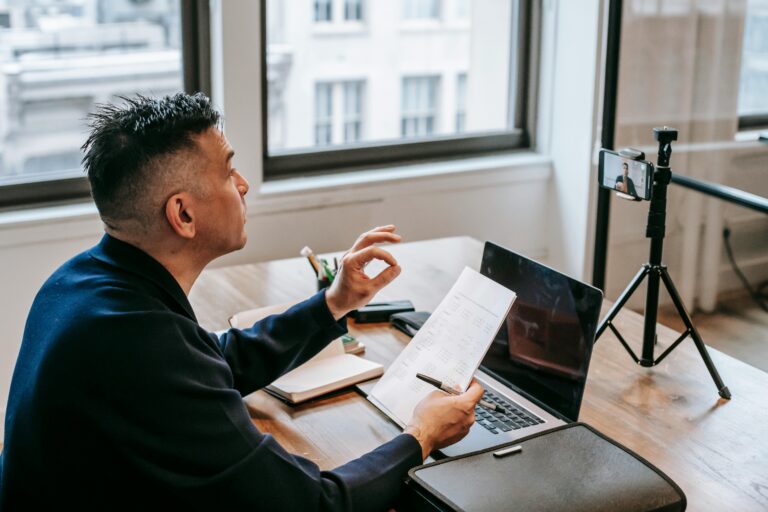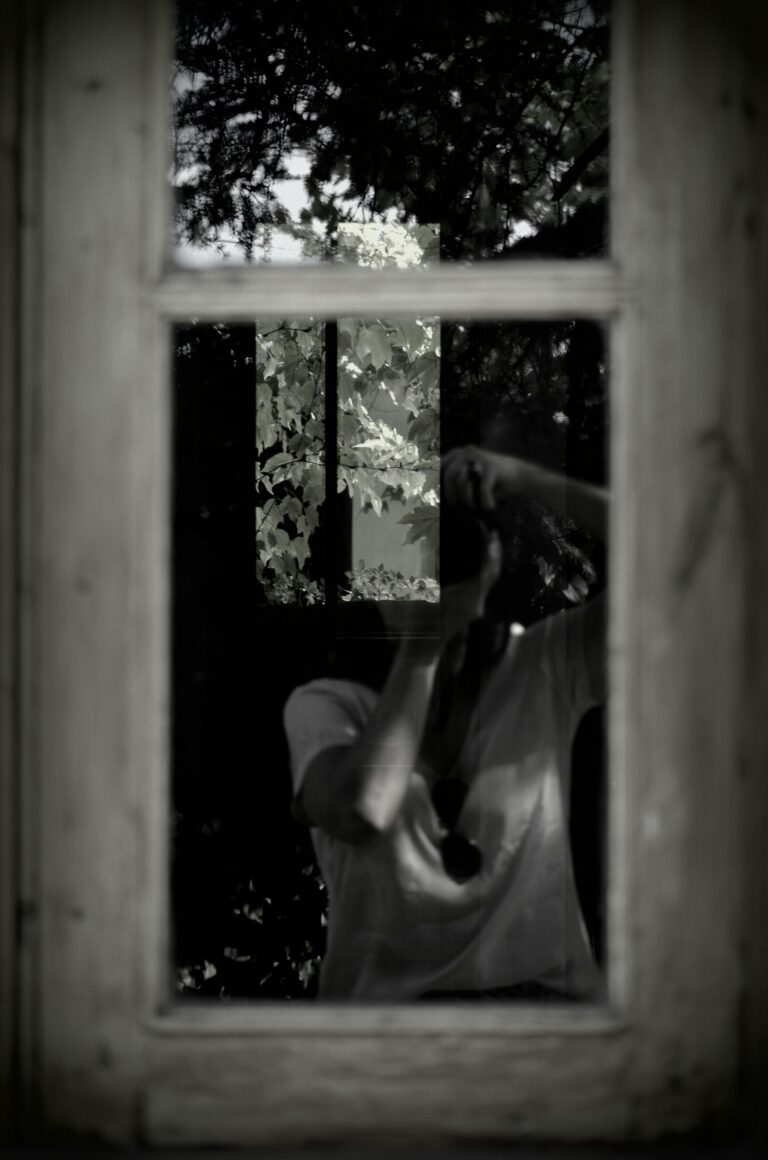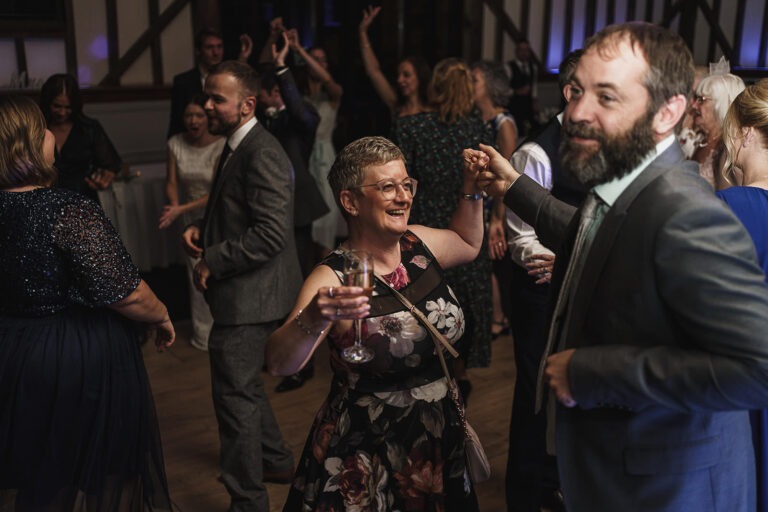Artificial Intelligence (AI) is taking over the world. Well, not quite, but it certainly feels like it sometimes. From chatbots answering customer service queries to self-driving cars (that occasionally make headlines for the wrong reasons), AI is everywhere. And photography? Well, AI is creeping in there too, in ways that are exciting, terrifying, and downright controversial.
So, is AI in photography a friend or a foe? Let’s dive into the debate and explore how AI is shaping the way we shoot, edit, and even generate images.
AI in the Shooting Process
Let’s start with shooting. Gone are the days when photography was purely about skill, patience, and understanding light like a magician controlling the sun. AI is now doing a lot of that work for us. Your camera or phone? It’s basically a tiny robot that thinks it knows better than you. Scene recognition, face detection, auto-enhancements—modern photography is full of AI-driven magic that makes even the least technically inclined among us feel like a pro.
Ever noticed how your smartphone just knows what you’re trying to capture? You point it at a person, and boom—portrait mode engages, softly blurring out the background as if you had spent hours setting up the perfect depth of field. Try to take a photo of food, and suddenly it’s making those vibrant colours pop, turning your hastily thrown-together sandwich into something that looks like it belongs in a Michelin-starred restaurant. Night mode? That’s AI at work, capturing multiple images at different exposures and stitching them together to make it seem like your dimly lit street is bathed in perfect golden-hour light.
AI and Autofocus
Even high-end professional cameras aren’t immune. AI-powered autofocus systems are so advanced that they can track a bird’s eye mid-flight or make sure your toddler’s face is always in focus even when they’re running around like a sugar-fuelled whirlwind. This kind of technology is amazing, no doubt, but it does make you wonder—does it take some of the skill out of the equation? Do we still need to be ‘good’ photographers, or is knowing how to let the camera do its thing enough?
AI in the Editing Process
Of course, AI isn’t just making it easier to shoot pictures; it’s revolutionising how we edit them too. If you’ve ever spent hours painstakingly tweaking an image in Photoshop, you’ll either love or hate the idea that AI can now do much of that for you in a fraction of the time. Tools like Adobe’s Neural Filters can smooth skin, relight a face, or even change the mood of an image with a single click. Need to remove someone from a background? AI’s got you covered—no more fiddling with lasso tools and painstaking edge refinements.
Some photographers welcome this with open arms. After all, anything that speeds up the tedious parts of editing means more time for creativity. Others, though, feel like it’s a slippery slope. If AI can colour grade better than we can, retouch skin flawlessly in seconds, and even suggest edits based on thousands of professional images, then where does that leave the human touch? Are we still creating, or are we just approving machine-made decisions?
The Rise of AI-Generated Images
And then there’s the big, scary topic that gets everyone talking—AI-generated images. Because let’s face it, it’s one thing for AI to assist in photography, but it’s a whole different ball game when it starts making images from scratch. Tools like MidJourney, DALL·E, and Stable Diffusion can now generate stunningly realistic ‘photographs’ without a camera ever being involved. Type in a prompt—‘an old fisherman staring at the sea, dramatic lighting, moody’—and within seconds, you’ve got an image that looks like a master photographer captured it.
It’s mind-blowing. It’s also slightly terrifying. What does this mean for the future of photography as an art form? If companies can generate stock images on demand without hiring photographers, will real-world image-makers start to become obsolete? And what happens when AI-generated images are so realistic that we can’t tell them apart from actual photographs? How do we navigate the ethical minefield of AI-generated ‘historical’ images or manipulated photojournalism?
The Question of Authenticity
There’s also the question of authenticity. Photography has always been about capturing a moment, freezing a slice of reality to tell a story. AI-generated images aren’t real in the traditional sense—they’re interpretations, digital hallucinations conjured from code. Some argue that this is just another evolution in visual art, no different from digital painting or CGI. Others see it as a fundamental shift that threatens to undermine photography’s credibility.
Of course, not all AI in photography is controversial. Some applications are undeniably beneficial. AI-driven noise reduction, for instance, can salvage low-light photos in ways that were previously impossible. AI-powered organisation tools can scan thousands of images and tag them based on content, making life infinitely easier for photographers who spend half their time searching for ‘that one shot of a lighthouse from three years ago.’ And let’s not forget AI-driven upscaling, which can turn a low-resolution image into a high-res masterpiece without the usual blurriness and pixelation.
The Verdict: Friend or Foe?
So, is AI a friend or a foe? Like most things in life, it’s not black and white. On one hand, AI is making photography more accessible, efficient, and powerful than ever before. It’s levelling the playing field, allowing anyone with a smartphone to capture stunning images and edit them to perfection. On the other hand, it’s changing the very nature of photography, blurring the lines between what’s real and what’s computer-generated, and raising serious questions about the future of the industry.
Maybe the best approach is to embrace AI as a tool, not a replacement. It can assist, enhance, and streamline, but ultimately, photography is about vision, creativity, and storytelling—things that, at least for now, AI still can’t replicate on its own. If we use AI to empower our artistry rather than letting it dictate our work, then perhaps it can be more friend than foe. But one thing’s for sure—AI isn’t going anywhere. The question is, how will we, as photographers, adapt?
Keywords for SEO:
- AI in photography
- Artificial intelligence and photography
- AI-powered cameras
- AI in photo editing
- AI-generated images
- AI vs human photography
- Photography automation
- AI image enhancement
- Future of photography with AI
- AI and professional photography
- AI in smartphone cameras
- AI photo manipulation
- Ethical concerns in AI photography
- AI image recognition
- Best AI photo editing tools
- AI-generated art vs photography
- Computational photography
- AI in photo retouching
- AI-powered autofocus
- AI and authenticity in photography





